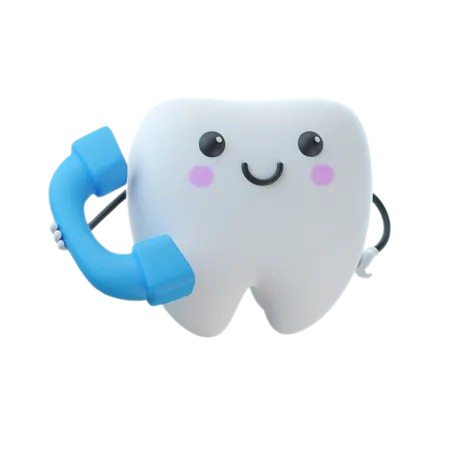As a parent, you want the best for your child—from their first steps to their first tooth. But when it comes to dental care, many parents are unsure when to start. Should you wait until all their baby teeth come in? Or is there a right time to make that first dental appointment? The truth is, early dental visits can make a world of difference in your child’s long-term oral health. So, let’s explore why getting an early start matters, and when exactly your child should see the dentist for the first time.
When Should Your Child First See the Dentist?
Getting an early start with dental visits can help set your child up for a lifetime of healthy habits and prevent bigger issues down the road.
Why Is an Early Visit So Important?
- Detect Issues Early An early dental visit gives your child’s dentist the chance to spot potential problems before they turn into bigger issues. Things like cavities, teething concerns, or even developmental issues with the jaw and teeth can be detected early and managed.
- Establish Healthy Habits Your child’s first dental visit is as much about education for you as it is for them. The dentist will guide you on how to care for your baby’s teeth and gums, what to watch for as they grow, and how to avoid common problems like bottle tooth decay.
- Get Your Child Comfortable with Dental Visits Starting early helps your child become familiar with the dentist’s office. It builds trust and reduces any fear or anxiety they might have later. The first visit is typically short and sweet—an opportunity for your child to meet the dentist, sit in the chair, and maybe even get a fun reward!
What to Expect at Your Child’s First Dental Visit
The first dental appointment is usually quick and easy. The dentist will check your baby’s teeth (if they have any!) and gums to make sure everything is developing normally. Here’s what you can expect:
- A gentle exam of your child’s mouth to check for early signs of cavities or other issues.
- Advice on oral hygiene, including how to clean your baby’s gums and teeth at home.
- Tips on teething, pacifier use, and thumb-sucking, which can all affect your baby’s oral development.
- Diet recommendations for promoting healthy teeth and gums, including advice on reducing sugary snacks and drinks.
Most importantly, it’s a chance for you to ask any questions or raise concerns you have about your child’s dental health.
How Often Should Your Child Visit the Dentist?
Caring for Your Baby’s Teeth at Home
Good dental hygiene starts even before your baby’s teeth come in. Here’s how to care for your child’s teeth from the start:
- For infants, gently wipe their gums with a soft, damp cloth after feedings to keep their mouths clean.
- As teeth begin to emerge, use a soft-bristled, infant-sized toothbrush with a smear of fluoride toothpaste (about the size of a grain of rice).
- Avoid sugary drinks and prolonged bottle use, especially at night, to prevent cavities.
- Encourage healthy eating habits, as what your child eats affects their teeth. Stick to whole foods and avoid sugary snacks as much as possible.
Your child’s first dental visit is a big milestone, and getting an early start on oral health is one of the best things you can do to ensure their teeth and gums stay healthy for years to come. The earlier you introduce your child to the dentist, the more comfortable they’ll be with routine visits as they grow. Plus, you’ll get peace of mind knowing their smile is off to a healthy start.
If your child hasn’t had their first dental visit yet, there’s no better time than now to schedule one. A lifetime of healthy smiles begins with that first trip to the dentist!



